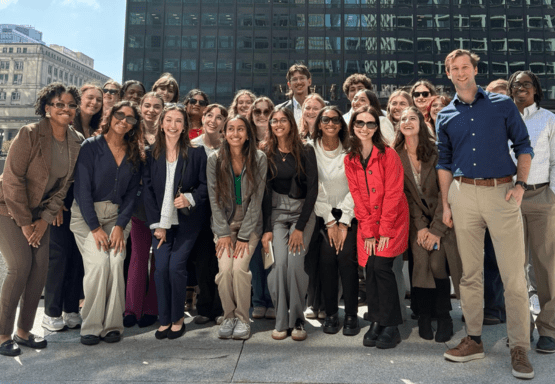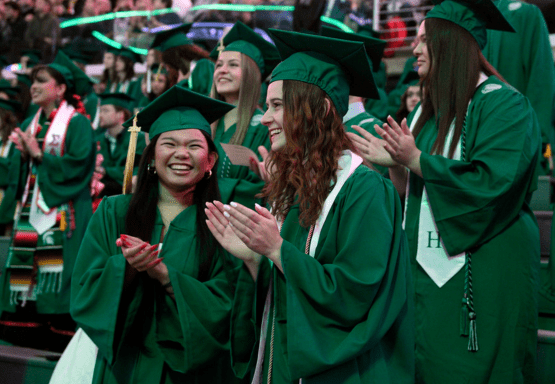Faculty Spotlight: Myunghee Lee
Myunghee Lee is an assistant professor of international studies in James Madison College. Lee's teaching and research interests include authoritarian politics, democratization, protest and foreign policy. Her regional focus is East Asia, particularly the Korean Peninsula and China.
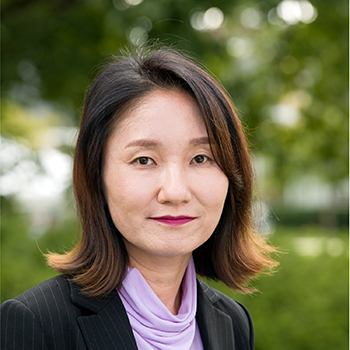
Please share a bit about your background — where you were raised and studied.
I was born and raised in Seoul, South Korea. However, unexpectedly, my academic journey has become international. I left Seoul after finishing my bachelor’s degree and went to China for my master’s. Then, I moved to the U.S. to earn my Ph.D. Also, I had a great opportunity to work in Denmark as a postdoctoral researcher. Then, I joined MSU as an assistant professor last year. This is my second semester teaching at MSU, and I am really enjoying teaching amazing JMC students!
Which courses have you taught in Madison this year?
I taught MC220 (International Relations I: World Politics and International Security) and MC295 (Research Design and Quantitative Analysis in Public Policy) last semester. This semester, I am teaching MC295 and MC364 (Policy Evaluation). MC 295 and MC 364 are quantitative method classes, and I enjoy teaching them.
What are your current research projects?
I am working on a book project that compares authoritarian legacies in South Korea and Poland. These countries are fascinating. They went through democratization in the late 1980s. However, democratization does not mean a complete break from the authoritarian past for both countries.
Authoritarian legacies remain in political institutions, societies and citizens. I am particularly interested in authoritarian education and its impact on shaping post-democratization political attitudes. I have been collecting and digitizing primary and secondary school textbooks of both countries from the 1950s up to date. I only focus on the subjects of social studies and history. These textbooks will be analyzed to understand how past authoritarian governments portrayed topics like the role of government, democracy, and good citizenship. This is a big project, but I have been making a lot of progress with the help of amazing research assistants. Stay tuned! I will make sure to keep you posted.
Recently, you published a paper in "The Conversation." Tell us about that experience.
It is always fun to write op-ed pieces because I can use my academic skills to analyze current events and engage the public. This piece analyzes the South Korean conservative administration's foreign policy, which appears to be liberal value-based but is actually rooted in the authoritarian past. The article is titled "President Yoon is lauded in West for embracing Japan − in South Korea it fits a conservative agenda that is proving less popular."

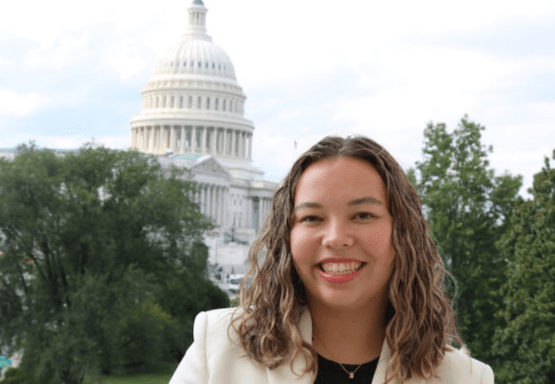
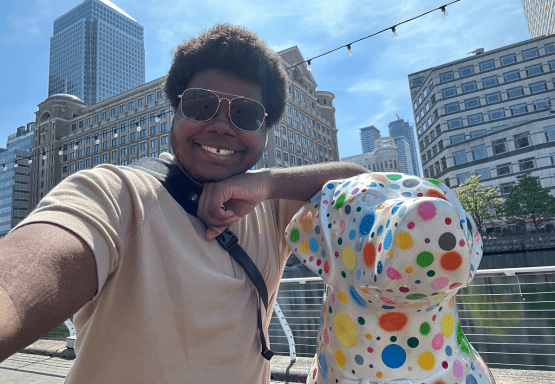
.png?h=384&iar=0&w=555)
